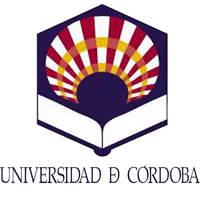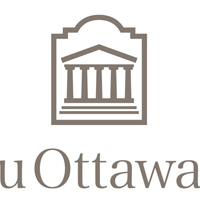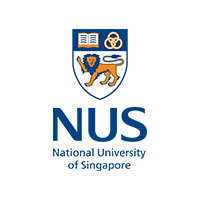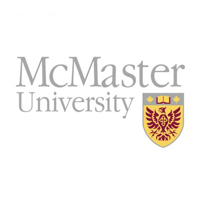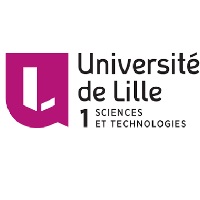雅思答题技巧大揭秘:让你轻松应对考试
Editor:Mark| Time:2025-02-22听力篇:抓住关键,精准得分
雅思听力考试中,关键词的捕捉至关重要。首先,在审题阶段,要迅速浏览题目,圈出核心关键词。比如在选择题中,像“main idea”“purpose”“reason”等标志性词汇,能帮助我们明确题目考察的方向。例如,题目问“What is the main purpose of the research?”,那么“main purpose”就是关键词,我们在听音频时就要重点关注相关内容。
对于填空题,更是要找准关键词来定位答案。比如“Complete the form below. Write NO MORE THAN THREE WORDS AND/OR A NUMBER for each answer.”,这里的“form”“NO MORE THAN THREE WORDS AND/OR A NUMBER”就是关键词,明确了答题形式和字数限制。
在听音频过程中,要注意连接词和信号词。像“but”“however”“therefore”等词,往往会引出重要信息。比如听到“The experiment was supposed to be easy, but in fact it was very difficult.”,这里的“but”后面的“very difficult”就是关键内容。同时,要留意数字、日期、人名、地名等细节信息,这些很可能就是答案所在。
阅读篇:巧妙定位,快速解题
雅思阅读的篇幅较长,掌握答题技巧能有效提高答题效率。拿到阅读文章,先快速浏览题目,确定题型。不同题型有不同的解题方法,但关键词的运用都贯穿其中。
在匹配题中,比如段落匹配题,要从题目中提取关键词,然后回到文章中逐段寻找。例如题目问“Which paragraph contains the following information?”,我们要带着关键词去文章中定位相关内容。像关键词“new technology”,如果在某一段中出现了与新技术相关的描述,那么这段就很可能是答案所在。
对于选择题,同样要找准关键词。比如题目“What can be inferred about the author's attitude towards the new policy?”,“author's attitude”“new policy”就是关键词。在文章中找到相关论述,然后分析选项,选出正确答案。
在填空题时,关键词能帮助我们快速定位到原文中的具体位置。比如“Complete the summary below. Choose NO MORE THAN TWO WORDS from the passage for each answer.”,根据关键词定位到原文后,仔细阅读上下文,填写正确答案。
写作篇:逻辑清晰,语言准确
雅思写作要求逻辑严密,语言表达准确。在写作过程中,关键词能帮助我们构建清晰的文章框架。比如在议论文中,题目可能是“Some people think that universities should provide graduates with the knowledge and skills needed in the workplace. Others think that the true function of a university should be to give access to knowledge for its own sake, regardless of whether the course is useful to an employer. What is your opinion?”,我们可以提取关键词“universities”“knowledge and skills”“workplace”“access to knowledge”等。
开头部分,要明确回应题目,用关键词引出自己的观点。例如“Universities play a crucial role in shaping the future of individuals, and the issue of what knowledge and skills they should impart has been a topic of great debate. In my opinion, universities should strike a balance between providing practical skills for the workplace and offering access to knowledge for its own sake.”
中间论述部分,围绕关键词展开论证。可以举例说明,比如提到“knowledge for its own sake”,可以说“For instance, a literature course in a university allows students to explore the rich world of human thoughts and emotions, which broadens their horizons and enriches their spiritual world, regardless of its direct applicability in the workplace.”
结尾部分,再次强调关键词,总结自己的观点,使文章逻辑完整。
口语篇:紧扣话题,自然表达
雅思口语考试中,要紧扣话题关键词进行回答。比如话题是“Describe a memorable event in your life”,“memorable event”就是关键词。在回答时,要详细描述这个事件,包括事件发生的时间、地点、人物等细节信息。
在表达过程中,注意使用连接词和短语,使回答更连贯。比如可以说“First of all, it was on my birthday last year. Secondly, I went to a beautiful beach with my friends. And finally, we had a wonderful party there.”
同时,要根据关键词展开丰富的内容。如果描述一次旅行,可以说“The most memorable part of the trip was the breathtaking view of the mountains. It was like a painting that left me in awe.”
总之,掌握雅思答题技巧,灵活运用关键词,能让我们在雅思考试中更加从容自信,取得更好的成绩。无论是听力、阅读、写作还是口语,关键词都是我们攻克考试的有力武器,帮助我们精准定位信息,清晰表达观点,从而实现自己的留学梦想。
